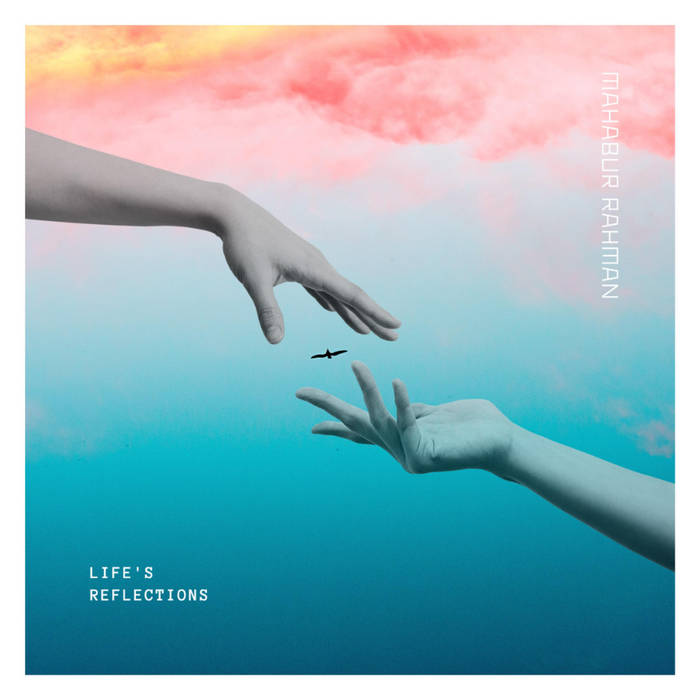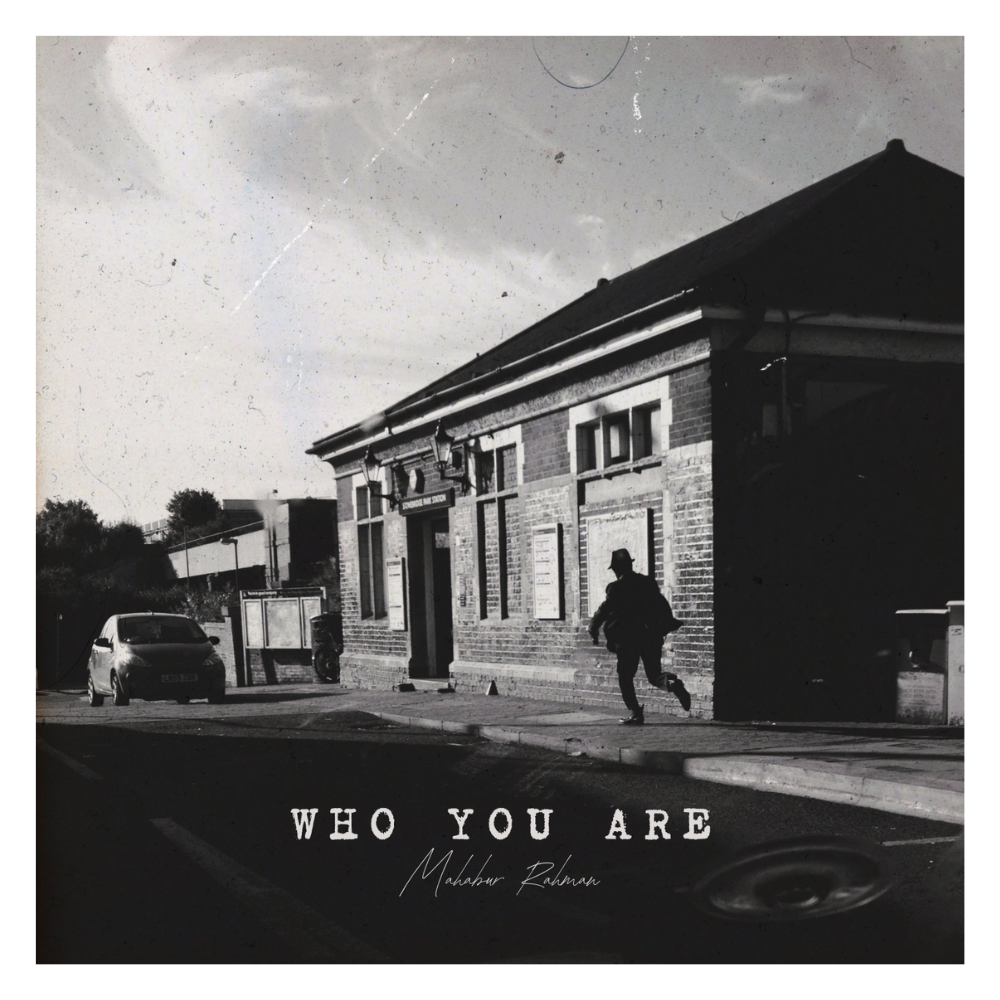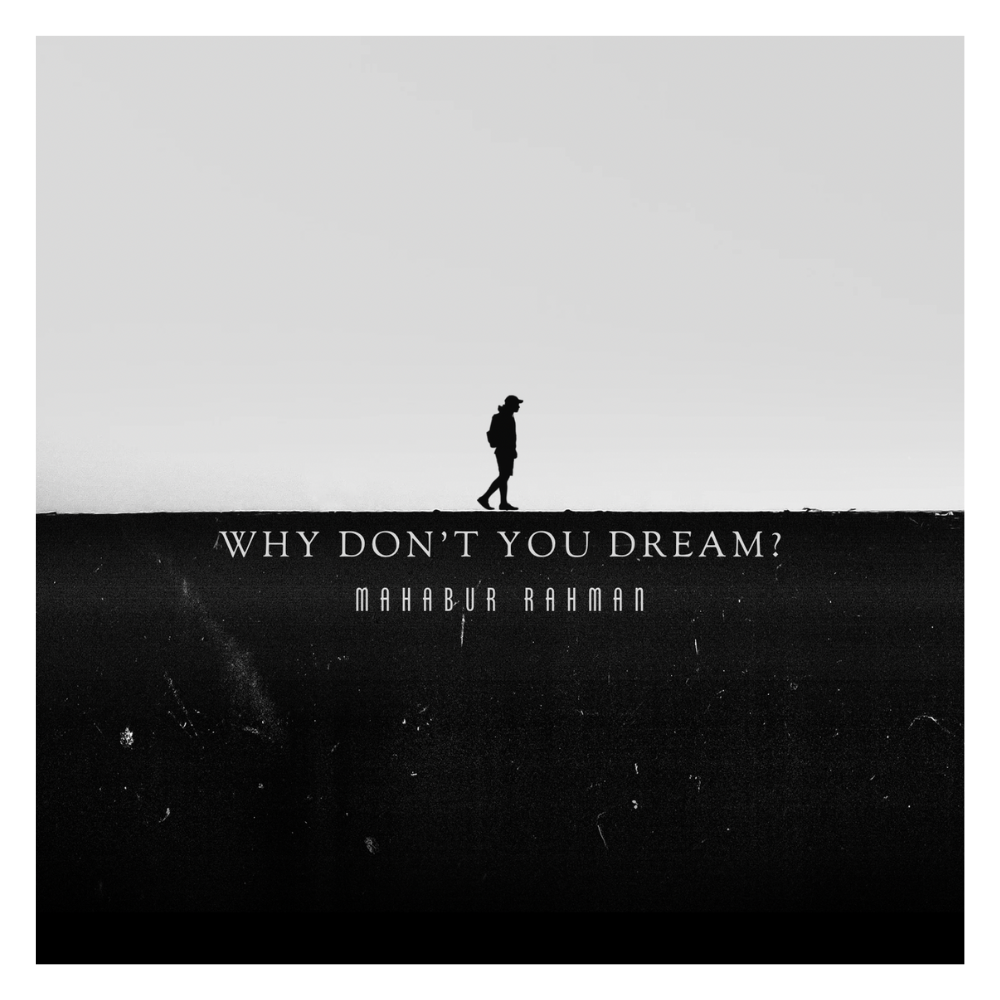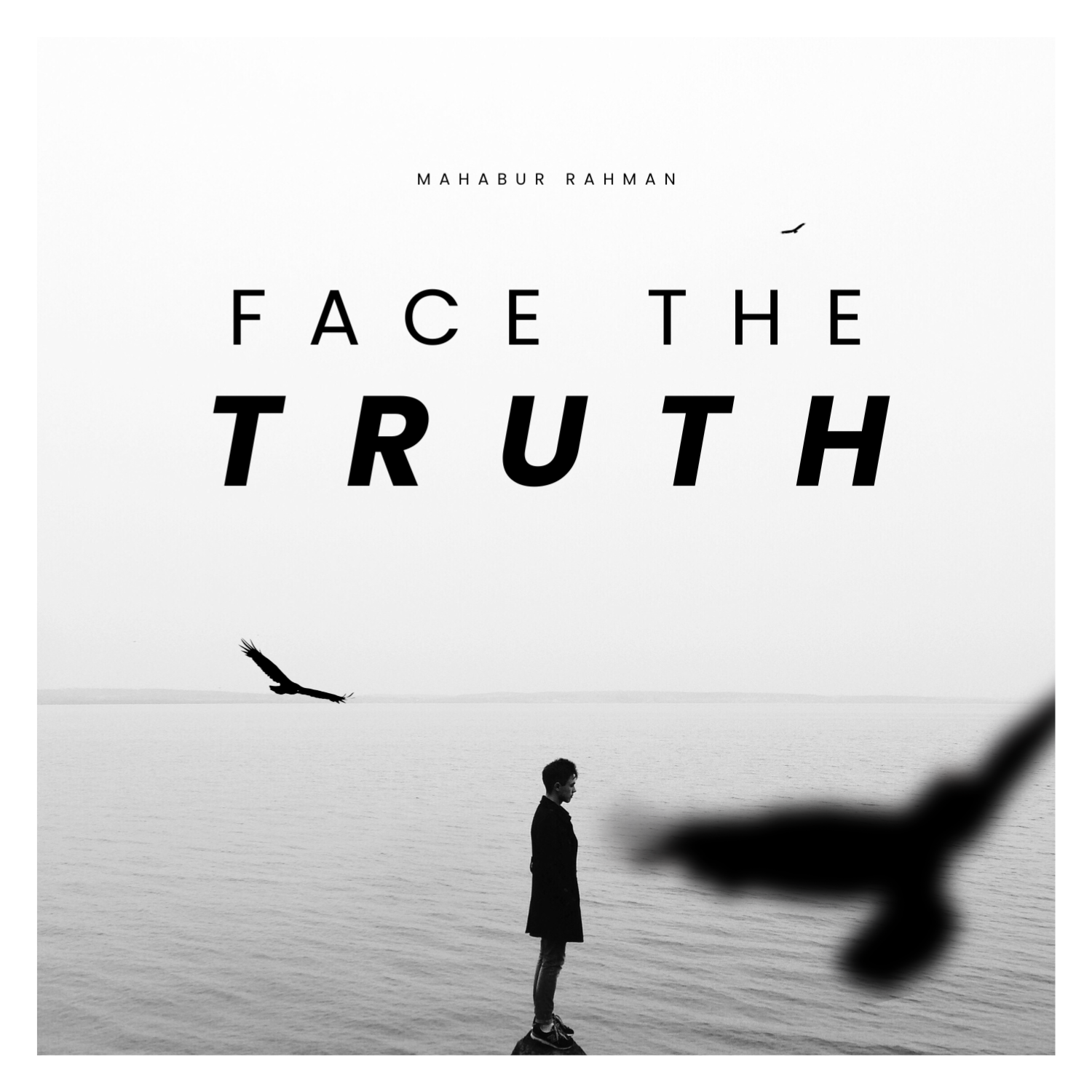What if everything you thought you knew about Islam was incomplete — or even misleading? For centuries, media narratives, cultural biases, and misunderstandings have shaped public perception of this faith. But how much of it is actually true?
Today, I want to talk about aspects of Islam that most people — Muslims and non-Muslims alike — probably don’t know. I have watched hundreds of lectures and taken countless courses on various Islamic topics. Learning from both Islamic scholars and Western intellectuals, I have formed my understanding based on knowledge rather than mere tradition.
Media and the Portrayal of Islam
Since 9/11, Islam has often been portrayed negatively in Western media. While awareness is increasing, ignorance still persists. The media has historically spent millions to associate Islam with violence, reinforcing stereotypes that shape public perception. This is a tactic often used by governments throughout history — similar to how Nazi Germany demonised Jewish people before World War II.
Governments and powerful institutions use media as a tool to shape public opinion, often to justify military or political actions. For example, before the U.S. dropped nuclear bombs on Japan, extensive propaganda was used to dehumanise the Japanese people. Similarly, the negative portrayal of Muslims has served political and military interests. Understanding this helps break free from state-controlled thinking.
The Power of Narratives
Many people believe that Islam means ‘peace,’ but its literal meaning is ‘submission to God.’ In this sense, submission is not about conflict but about achieving inner serenity and societal harmony. However, despite the profound personal peace that this submission can bring, the external portrayal of Islam has been heavily influenced by decades of media conditioning. As a result, even those with positive experiences of Muslims may harbour unconscious biases. This is the power of state-controlled narratives at work. To truly understand these dynamics, one must study social and political science and recognise how governments influence thought — even leading some Muslims to unwittingly internalise negative perceptions of their own faith.
Beyond The Trinity
The Quran describes Jesus’ miraculous birth, his ability to heal the sick, and his return before the Day of Judgment. The key difference between Islam and Christianity is that Muslims do not believe Jesus (Pbuh) is the Son of God, but rather a mighty prophet of God.
“And to warn those who say, ‘God has taken a son.’ They have no knowledge of it, nor do their forefathers. Grave is the word that comes out of their mouths; they speak not except a lie.” — Quran 18:4–5
Some Christians, particularly Unitarian groups, reject the concept of the Trinity. While their beliefs align more closely with Islam, becoming Muslim also requires acknowledging Prophet Muhammad (Pbuh) as the final messenger of God.
Islam and Women’s Rights
Long before modern feminist movements, Islam granted women rights such as:
- Owning property and businesses
- Inheritance rights (though different from men’s due to financial responsibilities)
- The right to choose a spouse
- The right to divorce
- The right to education
Misconceptions about women’s oppression in Islam often stem from cultural practices, not religious teachings. The hijab, for example, is about modesty and applies to both men and women. Many critics of Islam’s stance on women fail to acknowledge the hyper-sexualisation of women in modern societies, which could itself be seen as a form of oppression.
“The most perfect believers are those who have the best manners and are kindest to their wives.” — Prophet Muhammad (Pbuh)
The Pursuit of Knowledge
Unlike societies where education often stops after securing a job, Islam encourages continuous learning. Seeking knowledge is considered an obligation for every Muslim.
Islam’s emphasis on education led to the Golden Age of Islam, which saw advancements in:
- Science
- Medicine
- Mathematics
- Philosophy
The Quran encourages the pursuit of knowledge about all aspects of life, including different religions and cultures.
“Read! In the Name of your Lord, Who has created (all that exists). He has created man from a clot (a piece of thick coagulated blood). Read! And your Lord is the Most Generous, Who has taught (the writing) by the pen. He has taught man that which he knew not.” — Quran 96:1–5
Islam is Not a New Religion
Islam is not a new faith but rather the final message in a long tradition of monotheism. From an Islamic perspective:
- Judaism is the Old Testament
- Christianity is the New Testament
- Islam is the Last Testament
Muslims believe that all prophets — including Noah, Abraham, Moses, and Jesus (Pbut) — preached the oneness of God (Tawheed). Islam simply restores this original message, free from alterations.
“Indeed, We sent a messenger to every nation, saying, ‘Worship God and avoid false gods.’” — Quran 16:36
Preservation of the Quran
Unlike other scriptures that have been edited and reinterpreted over time, the Quran has remained unchanged since its revelation. Millions of people have memorised it word for word, ensuring its preservation. No matter where you go — India, Turkey, China — the recitation remains the same.
Although different Qira’at (recitation styles) exist, they do not alter the meaning of the Quran. This level of preservation is unparalleled in religious history.
“Indeed, We have sent down the Reminder, and indeed, We will preserve it.” — Quran 15:9
The Fastest Growing-Religion
“When the victory of God has come and the conquest, and you see the people entering into the religion of God in multitudes.” — Quran 110:1–2
This is happening today. Islam is the fastest-growing religion globally, confirmed by Pew Research. People from all walks of life — intellectuals, scientists, and everyday individuals — are drawn to Islam’s clarity, logical beliefs, and deep spiritual connection.
The concept of Fitra in Islam teaches that every human is born with an innate recognition of God. People search for truth in science, philosophy, and other ideologies, but until they acknowledge God, they often feel empty and disconnected.
A Path of Balance and Discipline
Islam rejects the need for intermediaries like priests or confessionals. Every Muslim has a direct relationship with God and can seek forgiveness at any time, in any language.
Islam also teaches balance — not extreme rigidity nor unrestricted liberalism. It encourages enjoying the good things in life (halal) while maintaining spiritual discipline through prayer, fasting, and charity.
Islam promotes sustainability and kindness to the environment: “The Earth is green and beautiful, and God has appointed you as stewards over it.” — Prophet Muhammad (Pbuh)
Wasting resources — even water — is discouraged. Islam teaches conservation, moderation, and ethical treatment of animals.
Final Thoughts
Islam is often misunderstood due to misinformation, cultural misinterpretations, and media bias. The truth is that Islam is a religion of peace, knowledge, and balance. Seeking knowledge with an open heart leads to a deeper understanding of what Islam truly stands for.
“Whoever follows guidance will not go astray, nor suffer misery.” — Quran 20:123
Books I Recommend
If you enjoyed this content, here are some books I highly recommend for deeper insights. As an Amazon Associate, I earn from qualifying purchases. This comes at no extra cost to you and helps support my work in providing quality recommendations. Links lead to the audiobook versions, but other formats are available on the same page.

















Add comment